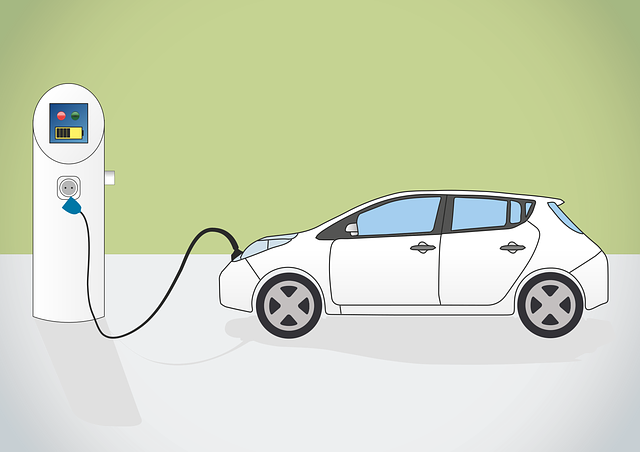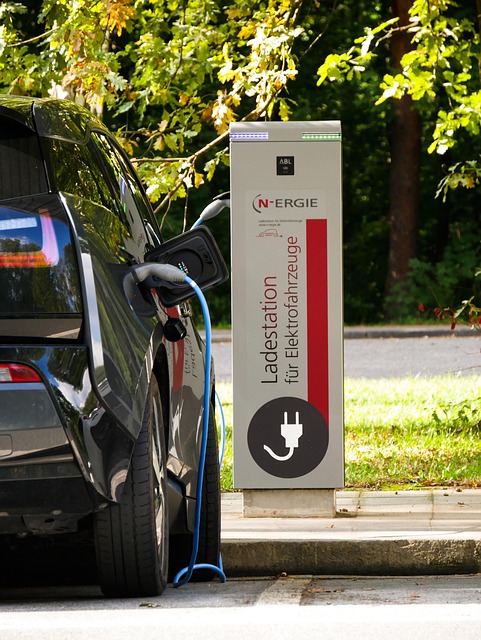Selecting car batteries requires understanding types (lead-acid, lithium-ion, AGM), key metrics (capacity, amp hours, CCA) and considering budget, warranty, environmental impact for reliable vehicle performance. Explore options based on specific needs and cost constraints through promotions, recycling programs and battery testing.
Choosing the right car battery can be a challenging task, but with our comprehensive comparison chart, you’ll make an informed decision. This guide breaks down the different types of car batteries available today, focusing on key features like capacity (measured in amp hours), and crucial performance metrics such as Cold Cranking Amps (CCA). We also analyze cost and warranty to help you select a reliable battery that suits your budget without compromising quality.
- Types of Car Batteries: A Quick Overview
- Key Features to Compare: Capacity and Amp Hours
- Performance Metrics: Cold Cranking Amps (CCA)
- Cost and Warranty Analysis: Budget-Friendly Options
Types of Car Batteries: A Quick Overview

Car batteries are a vital component of any vehicle, providing the necessary power to start the engine and operate various electrical systems. When it comes to selecting the right car battery, understanding the different types is essential. The most common categories include lead-acid batteries, lithium-ion batteries, and AGM (Absorbent Glass Mat) batteries. Each type offers unique advantages and considerations in terms of performance, longevity, and maintenance.
Lead-acid batteries, a traditional choice, are known for their affordability and wide availability. However, they require regular maintenance to prevent issues like auto battery leaks and smells, especially when left unused for extended periods. On the other hand, lithium-ion batteries offer superior power density, faster charging times, and longer lifespans, making them a popular pick among those seeking reliable performance and modern car batteries for sale. AGM batteries, with their sealed design, eliminate the need for regular maintenance and provide a balance between cost and durability, making them suitable for various driving needs and ideal for ensuring your vehicle’s electrical systems run smoothly.
Key Features to Compare: Capacity and Amp Hours

When comparing car batteries, one of the most crucial features to consider is capacity and amp hours (Ah). These two aspects are fundamental in determining how long your battery can power your vehicle’s electrical system during starts or when the engine is off. Capacity refers to the overall energy storage of the battery, usually measured in Ampere-hours (Ah). The higher the Ah rating, the more power it can deliver for an extended period.
Understanding these specifications is vital when selecting car batteries, especially if you’re looking for affordable car battery options that align with your budget and requirements. Remember, a maintenance-free car battery could be a valuable choice, given the convenience of reduced upkeep and longer lifespan. By focusing on capacity and amp hours, you’ll be well-equipped to make an informed decision when it comes to choosing the right battery for your vehicle, ensuring optimal performance and minimizing the need for frequent car battery maintenance tips.
Performance Metrics: Cold Cranking Amps (CCA)

When comparing car batteries, understanding Performance Metrics like Cold Cranking Amps (CCA) is crucial for selecting the right fit. CCA measures a battery’s ability to power your vehicle’s starter motor in cold temperatures, ensuring a reliable start during winter months. Higher CCA ratings indicate a battery capable of delivering more power, which translates to better performance in colder climates—an essential factor when choosing car batteries, especially in regions with harsh winters.
This metric is particularly important for drivers seeking high-performance car batteries or those investing in top-rated marine batteries. The right CCA ensures your vehicle’s battery charging systems work efficiently under various conditions, preventing issues like slow starts or dead batteries during critical times. Thus, when navigating the market for select car batteries, considering CCA specifications is a key step towards securing reliable and efficient power for your vehicle.
Cost and Warranty Analysis: Budget-Friendly Options

When shopping for a new car battery, understanding the cost and warranty landscape is essential for making an informed decision. Among the myriad of options available, budget-friendly batteries offer a compelling choice for those seeking value without compromising quality. While higher-end batteries often come with extended warranties and advanced features, the most economical picks can still deliver reliable performance at a lower cost.
Many select car battery manufacturers provide competitive pricing through various promotions and discounts. Additionally, some retailers offer loyalty programs that reward repeat customers with savings on future purchases. Furthermore, considering the environmental impact, many brands now include car battery recycling programs as part of their sustainability efforts. For instance, understanding how to test a car battery before purchasing can help identify viable alternatives to expensive replacement batteries, aligning with eco-friendly practices. And for hybrid car owners, exploring hybrid car battery types specifically designed for these vehicles can ensure optimal performance while managing costs effectively.
When selecting a car battery, understanding different types, their key features like capacity and amp hours, performance metrics such as Cold Cranking Amps (CCA), and cost with warranties is crucial. By comparing these aspects, you can make an informed decision that suits your budget and vehicle’s needs. Remember, the right choice can ensure your car starts reliably in any climate, providing peace of mind on the road.
